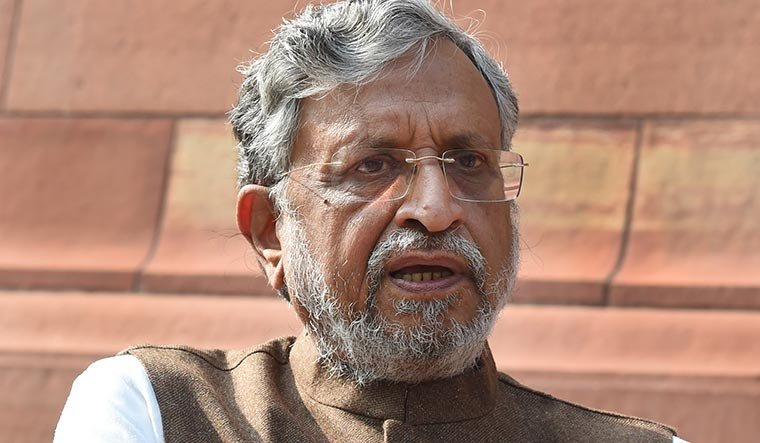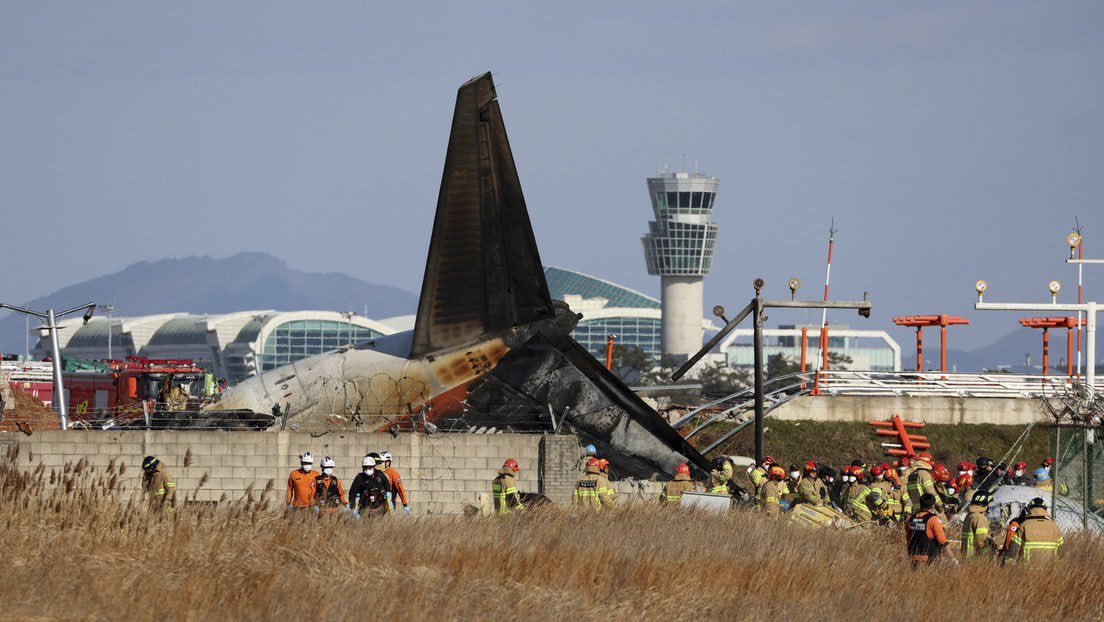India-Pakistan ceasefire: Washington, D.C. / Doha | Digital Desk
In a dramatic turn of events, former US President Donald Trump has retracted his earlier claim of brokering a ceasefire between India and Pakistan, now stating that he merely “helped a little.” This comes just five days after he boldly took credit for preventing what he called a possible “nuclear war” between the two countries.
The reversal has drawn criticism and raised questions about the actual role of the US in the recent de-escalation between the nuclear-armed South Asian rivals.
Table of Contents
Trump Backtracks on India-Pak Ceasefire
May 10: Trump Claimed Credit for Ceasefire
In a press statement on May 10, Trump said:
“I am pleased to announce that, after prolonged US-led efforts, India and Pakistan have agreed to an immediate and total ceasefire. I commend both nations for their wisdom and courage.”
The statement was perceived globally as a diplomatic win for the US, especially after the recent airstrikes carried out by India on terror camps across the border in Pakistan-occupied territory.
May 11: Hinted at Kashmir Resolution
On May 11, Trump doubled down, saying:
“India and Pakistan have shown great maturity. We were happy to assist in this historic step. And yes, I am exploring solutions for the Kashmir issue too.”
The comment stirred debates in New Delhi, where India maintains a consistent stance against any third-party intervention in Kashmir.
May 12: Claimed to Stop Nuclear War
In an impromptu media interaction at the White House, Trump made perhaps his most dramatic claim:
“Both India and Pakistan have nuclear weapons. If we hadn’t stepped in, it could have led to a horrific war. Millions might have died.”
The statement painted Trump as a global peacekeeper, reinforcing the image he has often tried to build on the international stage.
May 13: ‘Let’s Do Business, Not War’
On May 13, Trump tried to inject a lighter tone, saying:
“I told both countries—guys, let’s do business, not war. Your products are amazing. Let’s sell them, not missiles.”
He pitched trade and economic partnership as the ultimate peace strategy, while taking subtle jabs at “nuclear diplomacy.”
May 15: Trump Backtracks in Qatar—‘I Didn’t Broker It’
Speaking to reporters in Doha, Qatar on May 15, Trump said:
“I’m not saying I brokered the ceasefire, but I helped a little. Both countries were very happy. I just told them—do business, not war.”
He added:
“It was a very tough situation, but somehow it resolved itself. They’ve been fighting for a thousand years anyway.”
This stunning U-turn has raised eyebrows in diplomatic circles, as it contradicts nearly everything Trump had stated publicly just days earlier.

What Prompted the Ceasefire?
Tensions had peaked after the April 22 massacre of 26 Hindu pilgrims in Pahalgam, Jammu and Kashmir, by Pakistan-based terrorists. In retaliation, India carried out precision airstrikes on May 7, destroying 9 terrorist camps in Pakistan and Pakistan-occupied Kashmir (PoK). Over 100 terrorists were reportedly eliminated.
Just three days later, Trump declared a “successful ceasefire,” which is now being walked back as “partial assistance.”
Why This Flip-Flop Matters
1. Credibility of US Diplomacy at Stake
Such contradictory statements hurt America’s credibility in the international community. If Trump is exaggerating, it questions how the US presents itself as a global peacemaker.
2. India’s Policy Against Mediation
India has always rejected third-party mediation in bilateral issues, especially Kashmir. Trump’s earlier remarks could have undermined India’s sovereign stance, while his walk-back now adds confusion.
3. Was It Political Posturing?
With US elections approaching, Trump’s comments may have been aimed more at his domestic audience than the international community. Positioning himself as the man who “prevented World War III” may play well with voters, even if reality suggests otherwise.
Global Reactions and Silence from India
While Pakistan welcomed Trump’s initial comments, India has remained silent on his claims. The Ministry of External Affairs (MEA) did not issue any official statement either endorsing or rejecting the role of the US in the ceasefire.
Meanwhile, foreign policy experts have labeled Trump’s remarks as a “political performance,” aimed more at media optics than actual diplomacy.
The Pattern: Trump’s History of Mixed Messages
This isn’t the first time Trump has made bold international claims only to backtrack later. From North Korea to Afghanistan, his foreign policy style often begins with aggressive declarations followed by ambiguous walk-backs.
His supporters say this is part of his “deal-making” approach, while critics argue it reflects lack of consistency and diplomatic depth.
ByNews-View: Peace Broker or Showman?
Trump’s contradictory statements over just five days reflect a deeper issue in global diplomacy—what is said vs what is done.
Claiming to stop a war and then saying “I didn’t do it” raises serious questions:
- Was Trump just trying to take credit for something he had little role in?
- Or did he overstate America’s role in an effort to showcase leadership?
Whatever the truth, one thing is clear: in geopolitics, words matter. And when those words come from a former US President, they carry weight far beyond soundbites.
Also read:











